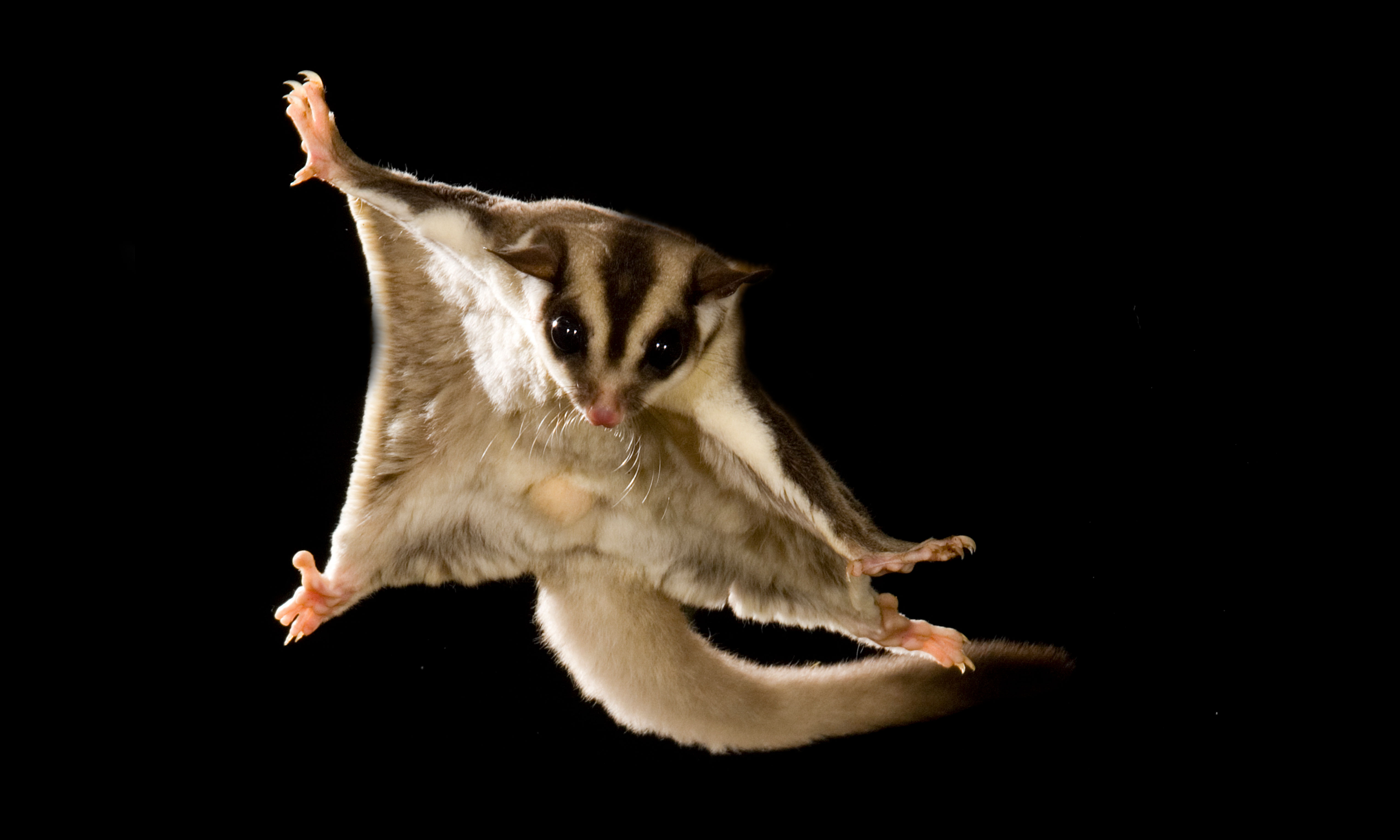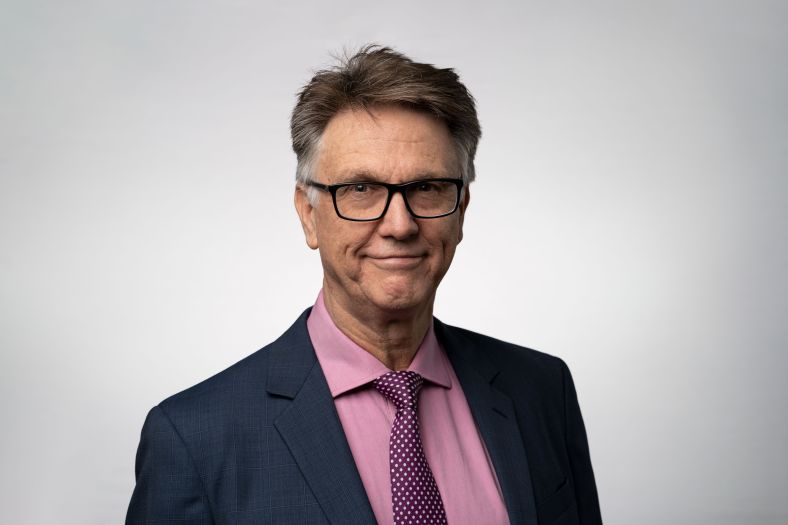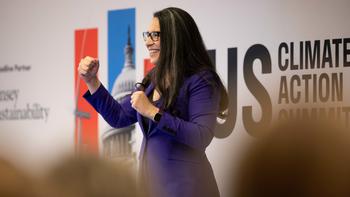The amount of plastic waste such as drinking straws and balloons washing up in Cockburn Sound has more than halved since bans on some single use plastics were introduced in 2019, researchers at the University of Notre Dame have found.
A baseline study was conducted in late 2018 to measure waste levels in the Sound just prior to the cities of Cockburn, Fremantle and Rockingham introducing bans on several single use plastic types in early 2019.
Over the next year, Dr Linda Davies from Notre Dame’s Faculty of Arts and Sciences made more than 100 visits to Cockburn Sound where she collected rubbish from the same 1.4km section of beach at Woodman Point.
Her research showed that balloon waste fell by 58 per cent, plastic straws fell by 53 per cent, hard plastic food containers and cutlery fell by 50 per cent and plastic bottle caps fell by 42 per cent.
“While we can’t say that the actions of the three local governments were the sole driver of these reductions, it is clear from the size of the falls that those mitigation strategies have had an immediate and significant impact on plastic waste levels within Cockburn Sound,” Dr Davies said.
“We also saw similar big falls in the amount of fishing line (41 per cent) and fishing rope (48 per cent), which coincides with statewide efforts by the fishing and rock lobster industries to mitigate waste.”
Cigarette butts were the only waste type that bucked the positive trend, with numbers increasing by 3 per cent during the study period. That was despite a statewide “Bin Your Butt” campaign that was launched in 2019.
Dr Davies said the study also validated the use of beachcombing as a simple and effective research method that could be used to provide timely feedback on the effectiveness of waste mitigation strategies in other parts of the country, or even internationally.
She is now keen to develop a network of “citizen scientists” who can assist with future research efforts by regularly collecting waste from their local beaches for examination.
“Through my research alone, I collected over 11,000 individual pieces of plastic waste, preventing the formation of millions of pieces of micro plastic that are extremely harmful to the marine environment,” Dr Davies said.
“By harnessing the already large numbers of conscientious people who use our beaches on regular basis, we can continue to drive down waste levels, while also helping to further our ongoing efforts to evaluate plastic policy impacts to determine if they are making a difference.”
Dr Davies is already in discussions with the City of Cockburn about installing dedicated waste bins at certain beaches where citizen scientists could deposit the items they collect for further study.








